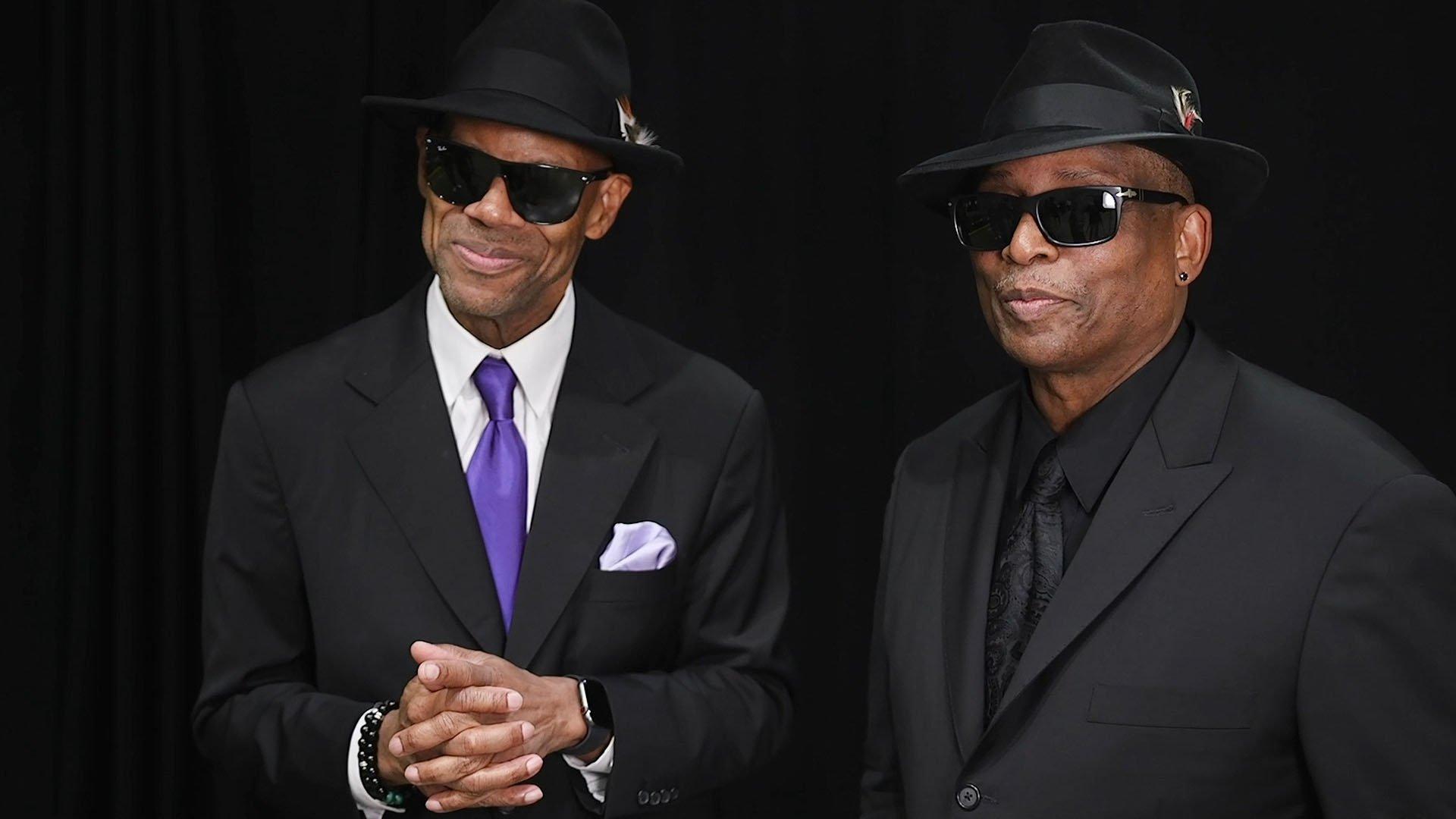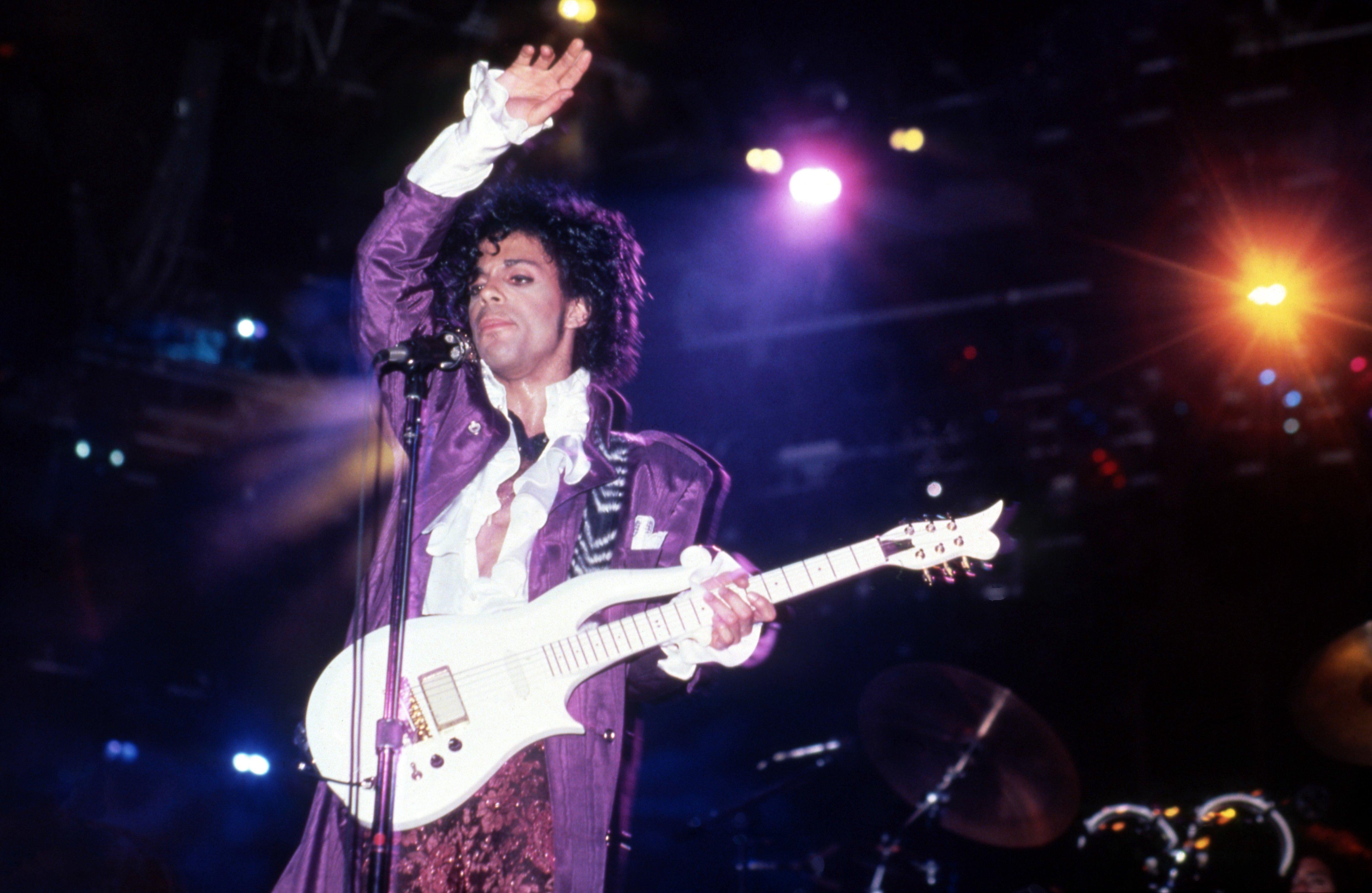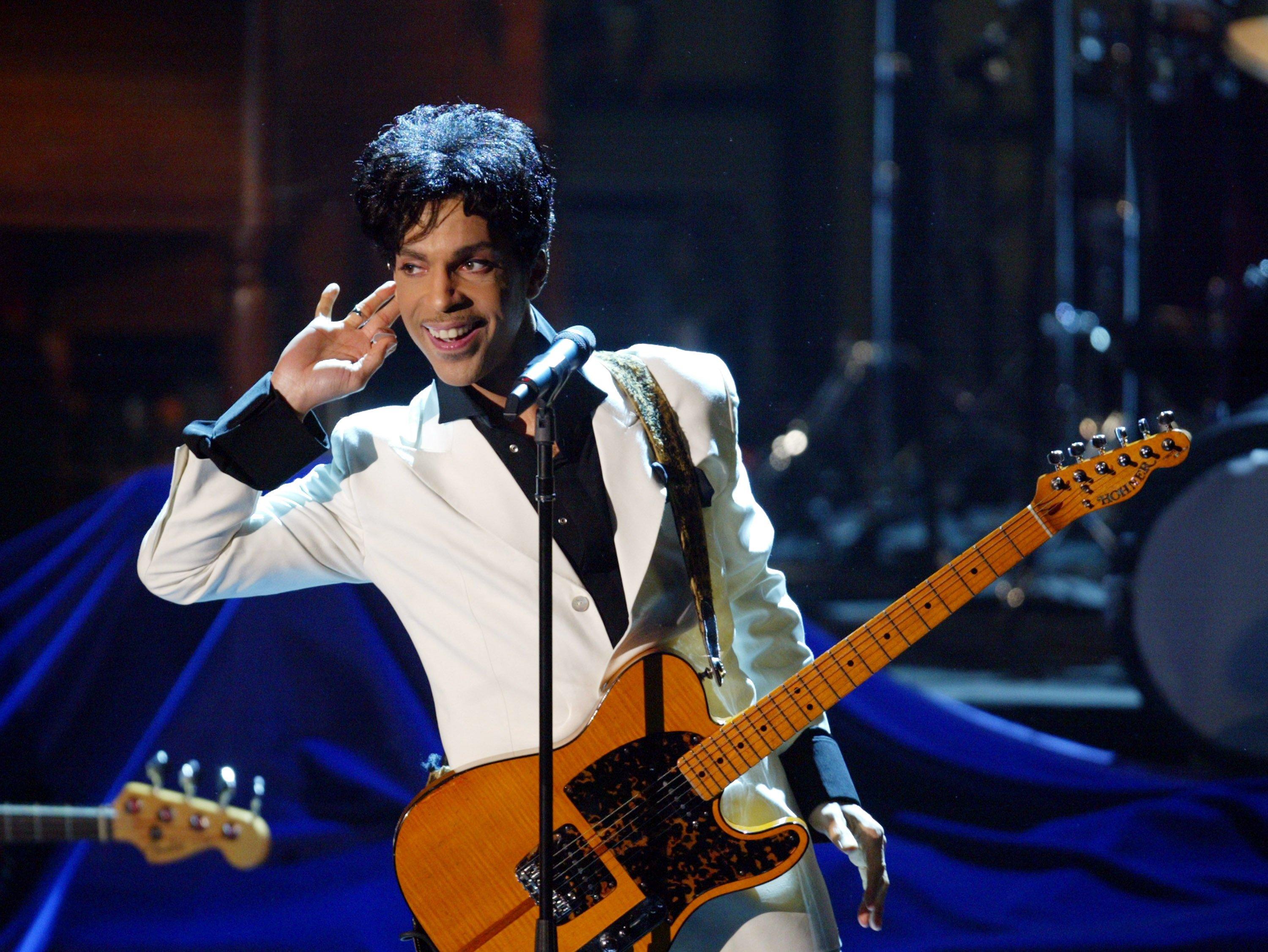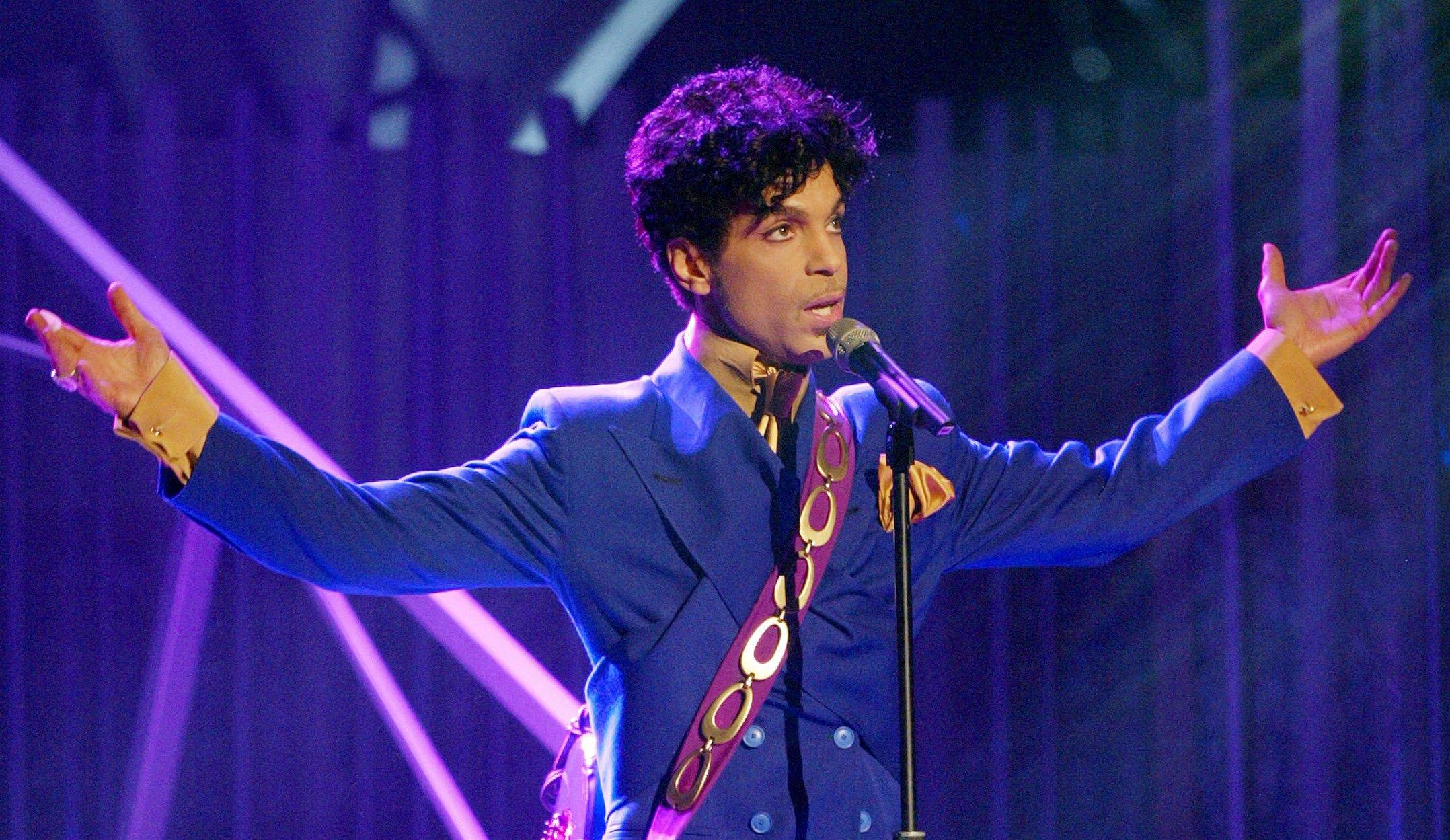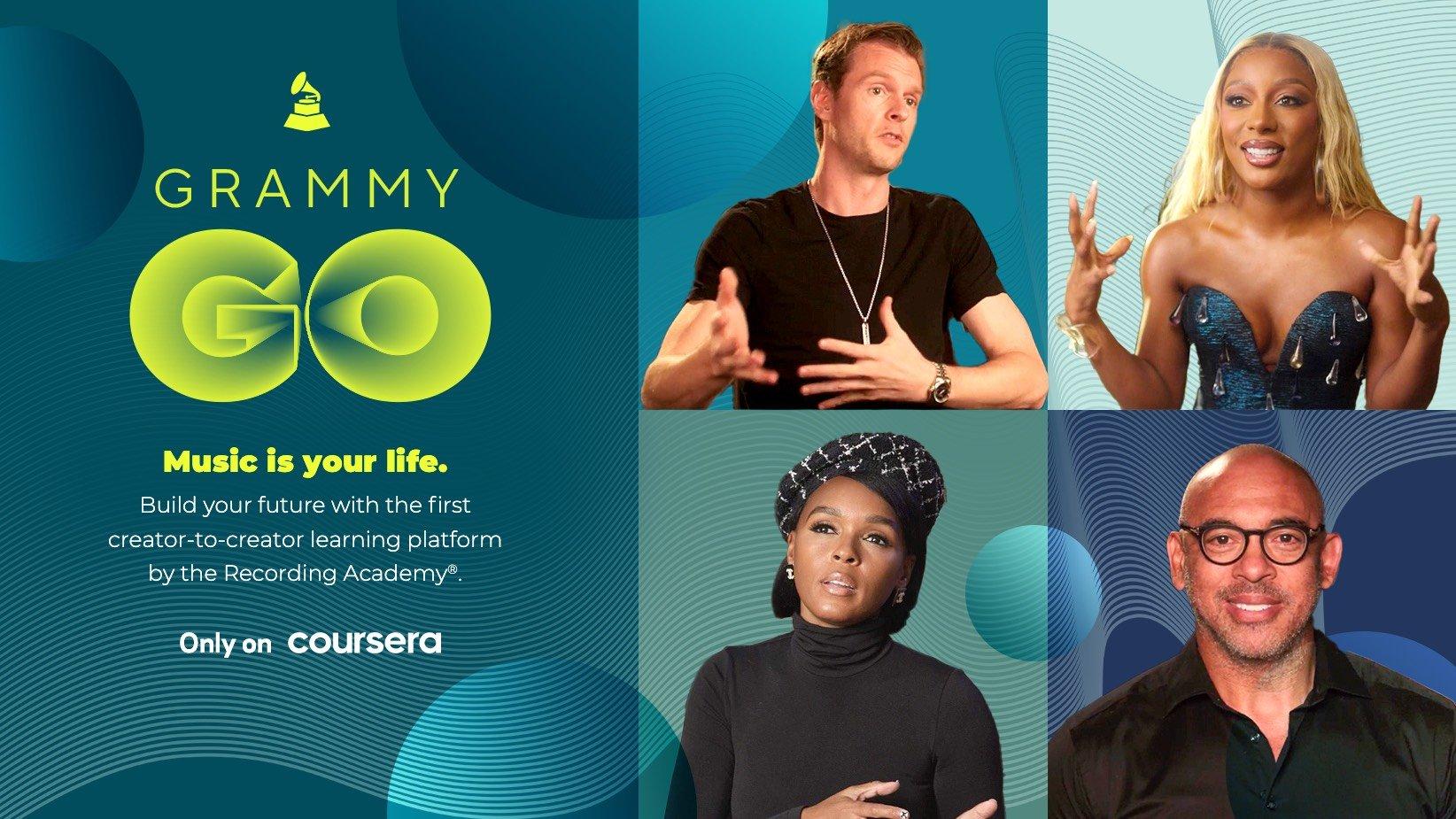After nearly a decade in the commercial wilderness, Prince seemed determined to bring his music back to the masses with his 28th studio effort. While announcing its release, the Paisley Park legend had one thing to declare: "School's in session."
Eschewing the jazz fusion sound of his previous releases in favor of a more mainstream blend of pop, R&B, funk, and soul, Musicology proved to be a valuable lesson. It returned the megastar to the upper reaches of the Billboard 200, earned five GRAMMY nominations (and two wins), and reasserted Prince's place on the touring ladder. Even the previously dismissive critics came back on board, with Rolling Stone declaring it "as appealing, focused, and straight-up satisfying an album as Prince has made since who can remember when."
And while Prince was always a prolific artist, it seems Musicology was highly inspirational for the Purple One himself, too. Just two days after the album's release, Prince dropped both his 29th studio effort, The Chocolate Invasion, and his 30th, The Slaughterhouse, exclusively online.
Of course, it's the major label release that has become the more notable part of his remarkable oeuvre. Musicology paved the way for a string of further late-career classics and revived the legacy that's still going strong nearly ten years after his untimely death.
In honor of Musicology's 20th anniversary, here's a look at how Prince's masterclass reaffirmed his status as an artistic genius.
After three albums of jazz fusion (The Rainbow Children, Xpectation, N-E-W-S) and the piano-heavy One Nite Alone..., it appeared as though Prince was no longer interested in the melting pot of sounds that defined his imperial phase. But Musicology showed his polymathic tendencies were still intact.
Channeling the acts he explicitly namechecks (James Brown, Earth Wind and Fire, Sly and the Family Stone), the opening title track was the slickest, funkiest thing he'd put his mononym to in years. Accompanied by one of his most provocative videos, "Cinnamon Girl" harks back to the classic roots rock of the Rolling Stones, while the epic ballad "A Million Days," Marvin Gaye-esque soul of "Call My Name," and jam session "If Eye Was the Man in Ur Life" all further helped the record to live up to its "no boundaries" pre-release claims.
It wasn't just on a musical level that Prince flourished. Whereas its predecessor was largely focused on his conversion to the Jehovah's Witnesses, Musicology's lyrics embraced more universal themes — from the domestic bliss of "Reflection" ("Did we remember to water the plants today") to infidelity drama "What Do U Want Me 2B."
Prince's sublime storytelling abilities are perhaps best showcased on "Illusion, Coma, Pimp & Circumstance," a money versus love debate involving a gigolo and a much older socialite. He also proved he could still tackle serious issues with "Cinnamon Girl," the story of a mixed-race youngster impacted by post-9/11 paranoia. Gossip hounds, however, will be most intrigued by "Life O The Party," which appears to take a blatant pot shot at one of his fellow '80s superstars ("My voice is getting higher/ And I ain't never had my nose done/ That's the other guy").
It Brought Him Back To The Charts
Prince had been one of the dominant Billboard 200 artists of the 1980s with Purple Rain, Around the World in a Day, and the Batman OST all reaching No. 1. But thanks to the record company dispute that inspired his name change to an unpronounceable squiggle, uncommercial release strategies (several albums were only available via his NPG fan club) and the general law of diminishing returns, his chart appeal started to wane from the mid-1990s onward. In fact, 2001's The Rainbow Children peaked no higher than 109!
However, issued through Columbia (his first major label release since Rave Un2 the Joy Fantastic on Arista five years earlier), Musicology completely reversed his fortunes. Reaching No. 3, it became the star's first top 10 album since 1995's The Gold Experience and his highest charting since 1991's Diamonds and Pearls.
It Pioneered A New Sales Strategy
In 2017, more than a third of the year's Billboard 200 chart-toppers benefited from ticket bundles, a release strategy in which a chart-eligible free copy of a new album is given away — when manually redeemed — with each concert sale. This included The Killers' Wonderful, Wonderful, Shania Twain's Now, and Kenny Chesney's Live in No Shoes Nation, the latter becoming the first live album to reach the spot in seven years.
While this was the technique's commercial pinnacle, the idea was actually first instigated by Prince. Indeed, proving that he could still be ahead of the curve in his fourth decade as an artist, Musicology was automatically made available to anyone attending Musicology Live 2004ever for no extra charge. This accounted for 125,000 copies (roughly 25 percent) of the 632,000 sold in its first five weeks. In fact, the experiment proved to be so successful that Billboard decided to change its rules to avoid the potential for chart manipulation.
It Gave Him Further GRAMMY Glory
Keen to remind everyone of his inimitable talents in time for Musicology's release, Prince graced the GRAMMYs stage just two months beforehand and, with a little help from Beyoncé, brought the house down. The two generational icons kicked off the ceremony with a spellbinding medley which included the former's "Purple Rain," "Let's Go Crazy" and "Baby I'm a Star" and the latter's "Crazy in Love."
The following year, Prince was back as a five-time nominee. Not only were they his first R&B nominations in nearly a decade, but his two wins — for Best Male R&B Vocal Performance for "Call My Name" and Best Traditional R&B Performance for "Musicology" — marked the Purple One's first GRAMMY wins since 1987.
It Set The Stage For A Trio Of Now-Classic Releases
Prince certainly didn't waste the goodwill earned from his surprising commercial renaissance. In 2006, the Purple One achieved another major milestone when 3121 became his first album ever to debut atop the Billboard 200, knocking off the soundtrack from Disney phenomenon High School Musical in the process. Named after the address of the house he was renting during its recording, Prince's fourth U.S. chart-topper also spawned his first Hot 100 entry in seven years with the funky "Black Sweat."
Prince followed it up with 2007's No.3-peaking Planet Earth, a record controversially released for free as a Sunday newspapercovermount in the UK, but in the more traditional way this side of the Atlantic. And this particular golden period was wrapped up in 2009 with Lotusflow3r, a Target exclusive triple album also designed to showcase the talents of his latest protege Bria Valente, which reached No. 2. Without Musicology paving the way, this trio might not have attained late-classic status.
It Restored His Reputation As A Must-See Live Act
While Prince had always remained a popular live draw no matter his commercial success, his touring presence since the start of the century had been a little unpredictable. His supposed 'world tour' of 2003 was largely confined to Australia; his One Nite Alone... run the year previously was more jazz club than regular gig, and 2001's A Celebration was reportedly cut short over a record company dispute.
Musicology fully restored him to must-see status. Its accompanying trek, which plotted 77 dates across 55 U.S. cities, sold over 1.4 million tickets, grossing a whopping $87.4 million along the way to become the most lucrative of 2004 — and the highest-grossing tour of Prince's career. Its success allowed Prince to launch a record-breaking 21-date residency at London's O2 Arena and the lengthier, guest-heavy Welcome 2 tour, during which he was joined on stage by everyone from Whitney Houston to Whoopi Goldberg.
It Fearlessly Embraced His Past
Contrary to his previous array of jazz fusion albums, Musicology suggested Prince was now content to reconnect with his chart-topping megastar past. Its title track even concludes with some radio station surfing featuring snippets of "Kiss," "Little Red Corvette," and "If I Was Your Girlfriend."
It was a similar story with its accompanying tour. Giving exactly what his fans wanted, the set lists were largely comprised of his greatest hits, with his new album only getting a nod on a handful of occasions.
The Musicology era was Prince's way of showing that he hadn't forgotten why everyone fell in love with him in the first place, while simultaneously extending his creative legacy. Whether looking back at all of its accolades or checking out all of the celebrations on Prince's official Instagram page, it's clear that Musicology remains a vital part of the Purple One's catalog 20 years on.
Behind 'Diamonds and Pearls' Super Deluxe Edition: A Fresh Look At Prince & The New Power Generation’s Creative Process

